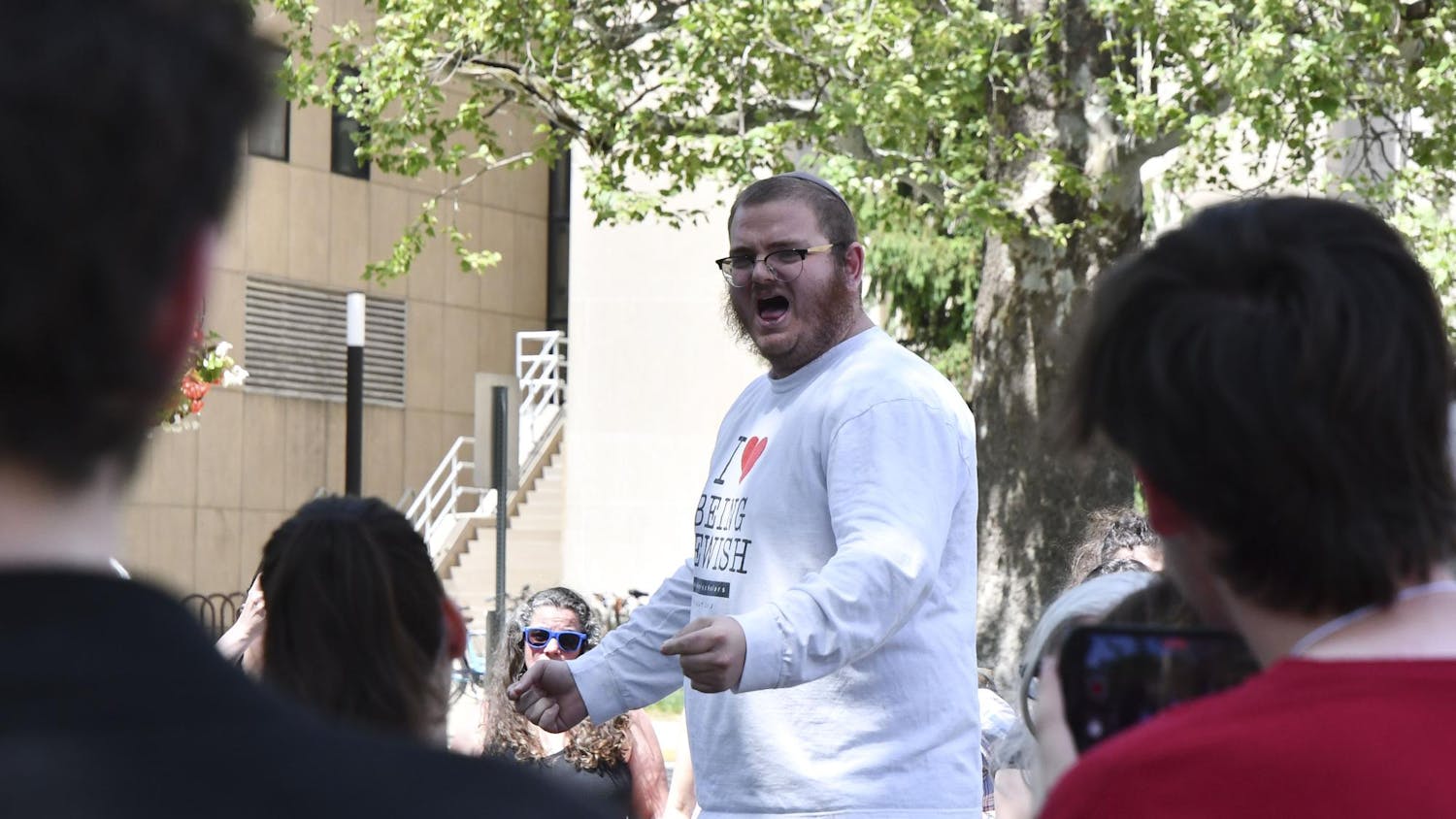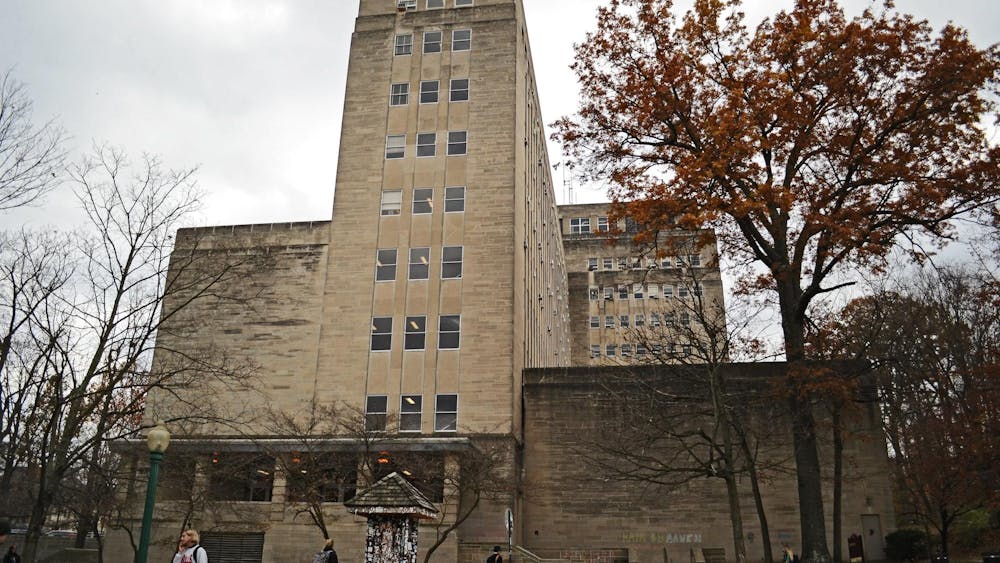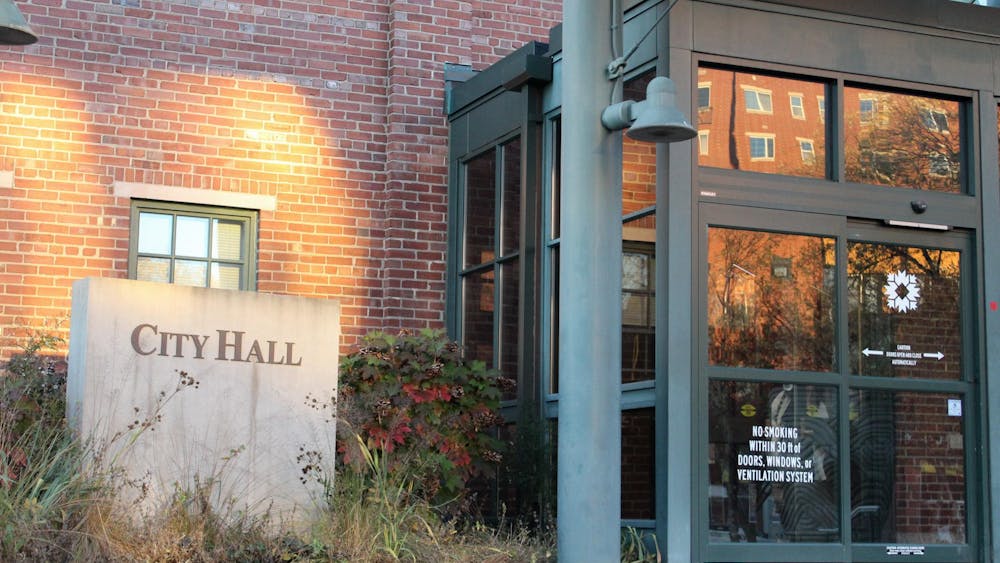In 1976, then senior Les Shively became a voting member of the University's highest governing body -- the board of trustees -- without a rulebook, without knowing what to expect and without welcome reception from the rest of the board. This was the first time a student trustee was appointed to the board.\n"I recall the other members of the board of trustees were not very happy about it," Shively said of the student trustee position. "Shortly after my being appointed, I had a meeting with the then president and he gave me a rather cool reception. Over time, though, I think I developed a pretty good rapport with the rest of the board."\nThe IU student trustee is a voting member of the board with all rights and responsibilities of all other trustees. Although the role of the student trustee was unclear in 1976, Shively and other student trustees have shaped the position into what it is today. Beginning Dec. 5, applications for the next student trustee will be available and interested students will get the chance to put their own mark on the position.\nAfter going through the application process Shively, now an attorney in Evansville, was one of three finalists who interviewed with then governor Otis Bowen. Shively said the interview was "rigorous" and remembers Bowen was particularly concerned with his idea of the student trustee's role on the Board.\n"We'd have meetings once a month and they would go back to Indianapolis or Columbus and I'd have to stay on campus and live with the policies we enacted," Shively said. "It sort of gave me ready information into how things were working or not working and what was really going on."\nAfter teaching in public schools for six years, 1989-91 student trustee Susie Bair, now director of development at the School of Health, Physical Education and Recreation, came back to IU as a doctoral student. She decided to apply for the position in hopes to use her experience to the board's advantage.\n"I had learned about it when I was at Indiana State as an undergraduate and it always seemed like a really neat opportunity to perhaps give back because I felt had really been afforded some great educational opportunities," Bair said. "I thought my teaching experience would also aid me and hopefully help me to make good decisions and have good input."\nWhile Shively had to deal with a chilly first introduction to the other trustees, things had changed by the time Bair assumed the position.\n"I thought they were terrific," she said of the board. "Very welcoming and willing to listen even though I was clearly much younger."\nShively said the perspective of a student was the most important thing he and other student trustees bring to the board. One of the major issues during Shively's term on the board was the elimination of a check-off system allowing students to make donations to campus groups at registration. As a student, Shively was aware of backlash against this issue in the campus community and worked to get a moratorium on the action so student groups could find another way to attain funding.\n"The resolution eliminated this type of funding mechanism on all eight campuses," he said. "Student governments, some student newspapers and even some daycare programs were funding through the system. It was supposed to be implemented in such a short time that one of the first things I had to do was to put the brakes on it so these groups could find a way to make some sort of compromise." \nAlthough Shively's position forced him to be involved in controversial issues like the funding situation and increased dorm rates, he also had several memorable experiences.\n"I was able to go to Philadelphia for the Final Four when Bob Knight won his first national championship. I had good seats and a good time," he said.\n"I met people I never would have met, like I.M. Pei, the man who designed the Art Museum. Here is a guy I had dinner with and I pick up Time magazine with a big article on this person. (Former IU President) John Ryan was super. He taught me a lot -- he was tough on me, but boy did I learn a lot."\nFrank Otte, student trustee from 1995-97 who now practices law in Indianapolis, formed valuable relationships with fellow trustees and the University administration.\n"My interaction was excellent," Otte said. "I had a wonderful working and professional relationship with members of the board as well as the administration and I've remained in contact with some of them, whom I consider good and valuable friends. I ask (University counsel) Dottie Frapwell for advice on a regular basis. Fred Eichorn and John Walda are fellow fly fishermen whom I also like to touch base with."\nEnergy and flexibility are two things Shively and Otte said they think are important qualities for a student trustee.\n"You've got to love IU to do the job," Otte said. "You have to have patience because there are issues you can't resolve as quickly as you'd like to."\nShively said it is important to balance roles as a student and a policy maker.\n"You have to be a quick study," Shively said. "As a student trustee, you have your student responsibilities and your board member responsibilities and then extracurricular responsibilities that go along with being on the board. You have to be very well organized, have good time management and learn to get along without very much sleep."\nAll student trustees benefit from the position, Blair said.\n"I think something very telling happened when the student trustee position was created in Indiana," Bair said. "The student trustee actually has a vote. In some boards in the country there is a student representative but that person doesn't get a vote. A vote gives the position a lot more credibility and stature."\nJ T. Forbes, former assistant vice president of IU, who now holds the same position at Michigan State, said being a student trustee from 1993-95 influenced his decision to continue working for a University.\n"It's given me a deeper appreciation of the responsibilities of public service and the promise of higher education," he said.
Letting the student voice be heard
Former student trustees reflect on making presence known to Board
Get stories like this in your inbox
Subscribe





